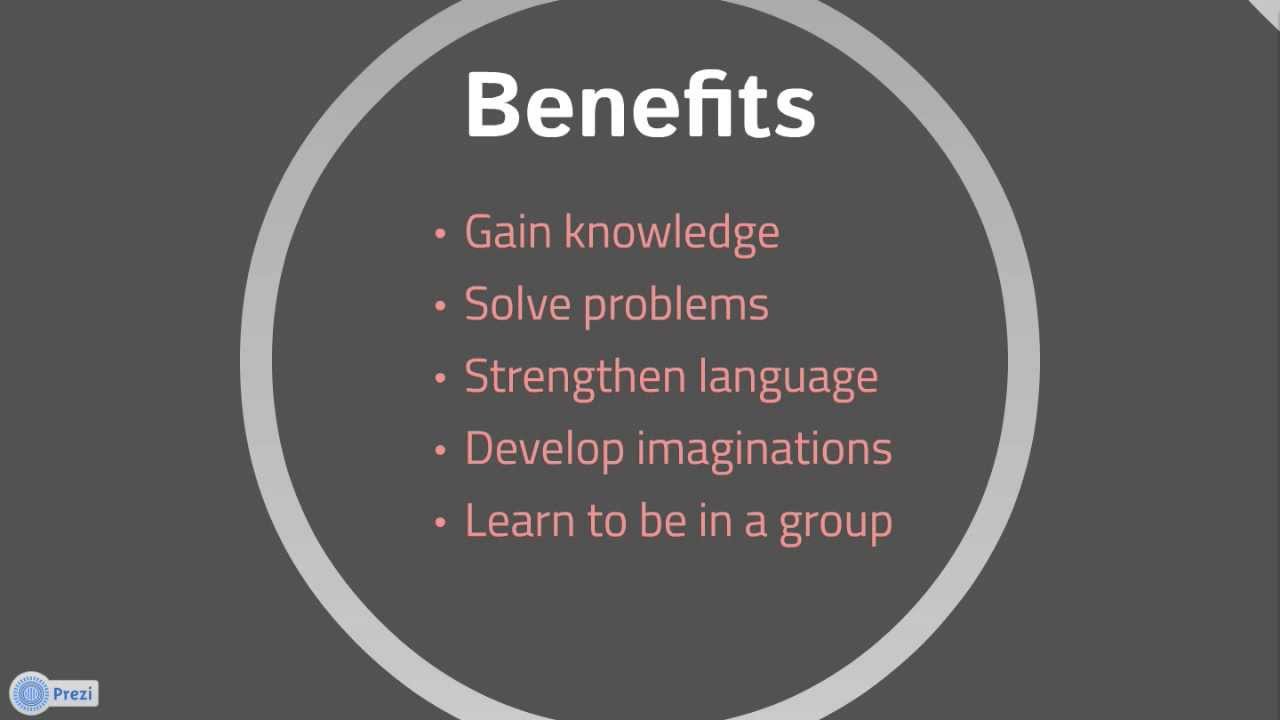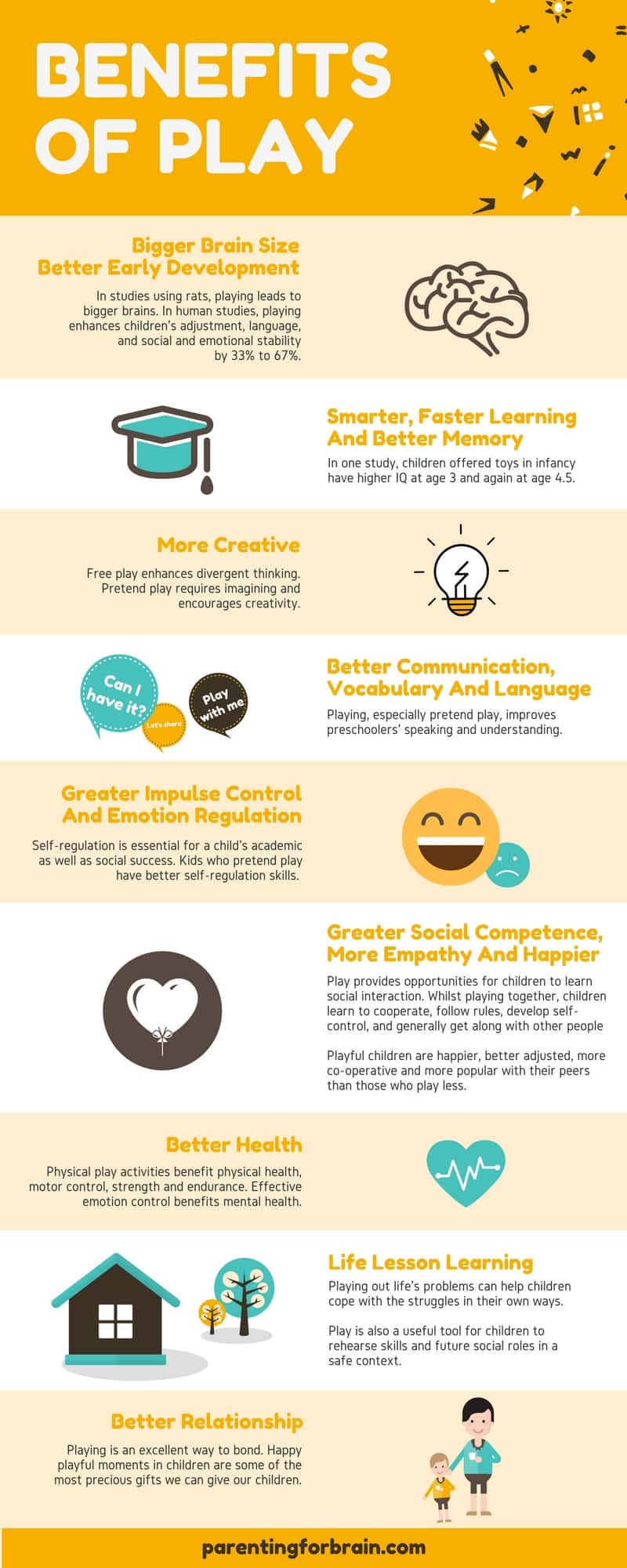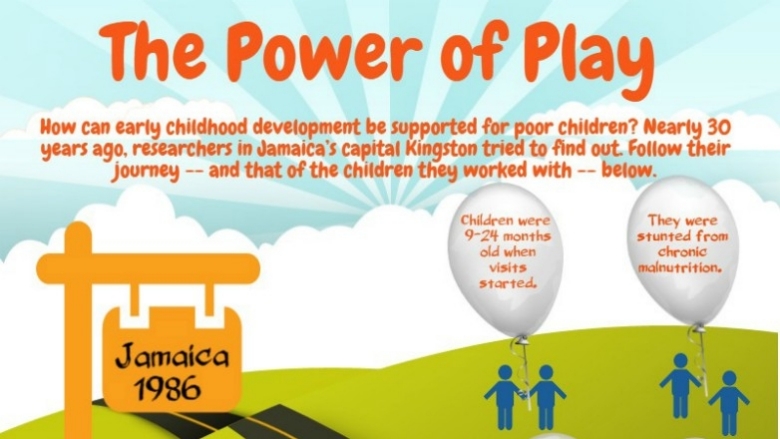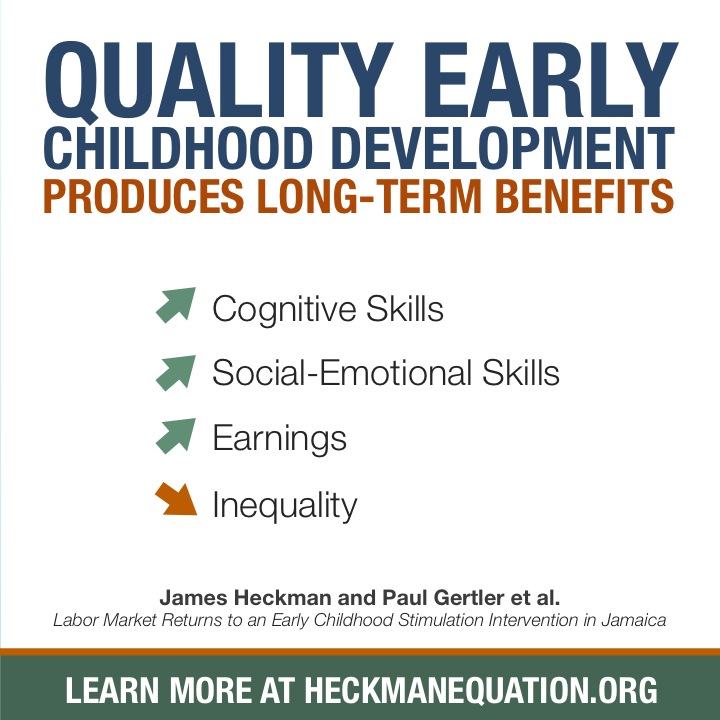Why Play is Important in Early Childhood Education: Nurturing Development Through Playtime

Play is important in early childhood education as it promotes cognitive, physical, social and emotional development. It helps children learn about the world around them and develop important skills that are essential for their future success.
Early childhood education is a crucial period in a child’s life as it sets the foundation for their future learning and development. Play is an essential component of this period as it allows children to explore, experiment, and learn through hands-on experiences.
Play promotes cognitive development by encouraging children to problem-solve, think creatively, and develop their imagination. It also supports physical development by improving their coordination, balance, and motor skills. Socially, play helps children develop communication, teamwork, and conflict resolution skills. Finally, play supports emotional development by allowing children to express themselves, build self-esteem, and learn about their own emotions and those of others. We will explore the importance of play in early childhood education and how it can benefit children’s overall development.
The Benefits Of Play In Early Childhood Education
Play is a crucial component of early childhood education, offering numerous benefits that support children’s overall development. Through play, children engage in activities that stimulate their cognitive, social, and emotional growth, laying the foundation for lifelong learning. Understanding the significance of play in early childhood education is essential for parents and educators alike, as it directly impacts a child’s holistic development.
Enhancing Cognitive Development
Play serves as a vital tool for enhancing cognitive development in young children. When engaging in imaginative play, such as pretend play or role-playing, children exercise their creativity and problem-solving skills. By exploring different scenarios and navigating imaginary worlds, they develop their language skills, critical thinking, and decision-making abilities. Furthermore, manipulating objects during play, such as puzzles or building blocks, promotes fine motor skills and hand-eye coordination.
Promoting Social Skills
Play also plays a pivotal role in promoting social skills among young children. Interactive play activities, such as group games or collaborative projects, enable kids to engage with their peers, fostering communication and cooperation. Through sharing, taking turns, and negotiating, children learn the fundamentals of social interaction and empathy. Moreover, pretend play encourages the development of emotional intelligence as children embody various roles and empathize with fictional characters.
Types Of Play In Early Childhood
Types of play in early childhood are crucial for the holistic development of children. Each type of play contributes to different aspects of a child’s growth and learning. Understanding these types of play can help parents and educators create an environment that supports and encourages a variety of play experiences for young children.
Symbolic Play
Symbolic play, also known as pretend play or imaginative play, involves children using objects, actions, or ideas to represent other objects, actions, or ideas. This type of play allows children to engage in storytelling, role-playing, and make-believe scenarios. It fosters creativity, language development, problem-solving skills, and emotional regulation.
Physical Play
Physical play encompasses activities that engage children’s gross and fine motor skills. It includes running, jumping, climbing, dancing, and manipulating objects. Physical play promotes physical fitness, coordination, balance, and spatial awareness. It also contributes to the development of muscle strength and endurance.
Cooperative Play
Cooperative play involves children working together towards a common goal. This type of play encourages communication, collaboration, and empathy. It helps children develop social skills, such as sharing, taking turns, and resolving conflicts. Cooperative play also fosters a sense of belonging and community among children.
The Role Of Play In Emotional Development
Emotional development plays a crucial role in a child’s overall growth and well-being. Through play, children are able to explore and understand their emotions, develop resilience, and learn to express themselves effectively. Let’s delve into the significance of play in emotional development.
Building Resilience
Play enables children to develop resilience by allowing them to navigate challenges, setbacks, and conflicts in a safe and supportive environment. Whether it’s overcoming obstacles in a pretend play scenario or learning to share and cooperate with peers, children build the emotional strength to bounce back from adversity, fostering a positive mindset and coping skills that are essential for mental well-being.
Expressing Emotions
Engaging in imaginative play and creative activities provides children with opportunities to express their emotions in a non-verbal manner. Through role-playing or using artistic mediums, they can convey and process feelings such as joy, frustration, or fear, aiding in the development of emotional intelligence and self-awareness.

Credit: www.parentingforbrain.com
Incorporating Play Into The Curriculum
When it comes to early childhood education, play is a crucial component that fosters holistic development in young learners. Incorporating play into the curriculum is essential for creating a dynamic and engaging learning environment that nurtures children’s cognitive, social, emotional, and physical development.
Integrating Playful Learning Activities
Integrating playful learning activities into the curriculum encourages children to explore, experiment, and problem-solve in a hands-on manner. By incorporating activities such as building blocks, imaginative play, and sensory experiences, educators can promote creativity, critical thinking, and collaboration among young learners.
Creating Play-based Learning Environments
Creating play-based learning environments involves designing classroom spaces that inspire curiosity and exploration. By incorporating open-ended materials, designated play areas, and thematic learning corners, educators can cultivate an environment where children can freely engage in purposeful play while acquiring essential skills and knowledge.
Play As A Tool For Problem-solving
Play serves as a valuable tool for developing problem-solving skills in early childhood education.
Developing Critical Thinking Skills
Through play, children learn to analyze situations, make decisions, and solve problems independently.
Encouraging Creativity
Play fosters creativity by allowing children to explore different solutions to challenges in a fun and imaginative way.
The Connection Between Play And Language Development
Understanding the vital link between play and language development is crucial in early childhood education. Play serves as a powerful tool for children to enhance their language skills and foster communication abilities.
Expanding Vocabulary
Engaging in various forms of play exposes children to new words and concepts, helping them expand their vocabulary naturally.
Improving Communication Skills
Through interactive play activities, children learn to express themselves effectively and develop strong communication skills.
Overcoming Challenges In Implementing Play-based Learning
Implementing play-based learning in early childhood education can present various challenges. Overcoming these obstacles is crucial to ensure that children can benefit from the many advantages of play-based education. Addressing time constraints and supporting educators are essential in making play-based learning a successful and integral part of early childhood education.
Addressing Time Constraints
Time constraints are one of the primary challenges in implementing play-based learning in early childhood education. Educators often face pressure to cover a wide range of curriculum objectives within a limited timeframe. This can lead to a reluctance to allocate sufficient time for play-based activities. However, recognizing the value of play in children’s development is crucial in overcoming this challenge. By incorporating play into the curriculum and scheduling dedicated time for play-based activities, educators can ensure that children have the opportunity to learn and develop through play.
Supporting Educators
Supporting educators is essential in overcoming the challenges associated with implementing play-based learning. Professional development opportunities that focus on the benefits and best practices of play-based education can equip educators with the knowledge and skills necessary to effectively incorporate play into their teaching. Additionally, providing access to resources, such as play-based learning materials and curriculum guides, can further support educators in implementing play-based learning in their classrooms.

Credit: www.worldbank.org
The Future Of Play In Early Childhood Education
The Future of Play in Early Childhood Education holds immense significance in shaping the learning experiences of young children. As we look ahead, it is crucial to explore two key aspects that will influence the landscape of play-based education: Embracing Technology in Play and Advocating for Play-Based Curriculum.
Embracing Technology In Play
- Integrating interactive apps and educational games into play activities.
- Utilizing digital tools to enhance creativity and problem-solving skills.
- Encouraging safe and supervised use of technology for learning through play.
Advocating For Play-based Curriculum
- Promoting the importance of play in fostering social-emotional development.
- Supporting educators in implementing hands-on, experiential learning through play.
- Advocating for policies that prioritize play-based approaches in early childhood education.
By embracing technology in play and advocating for play-based curriculum, we pave the way for a future where children can learn and grow through joyful, interactive experiences.

Credit: twitter.com
Frequently Asked Questions
Why Is Play So Important In Early Childhood Development?
Play is crucial in early childhood development as it aids in cognitive, social, emotional and physical growth. It helps children develop problem-solving skills, improves creativity, enhances language development, and promotes socialization and communication. Play also helps in the development of fine and gross motor skills, and it allows children to learn through exploration and experimentation.
What Is The The Importance Of Role Play In Early Childhood Development?
Role play is important in early childhood development as it allows children to explore and understand the world around them. It helps develop social skills, language, creativity, and problem-solving abilities. Role play also enhances emotional development by allowing children to express and understand their feelings.
Overall, it is a fun and effective way for children to learn and grow.
What Are 10 Benefits Of Play In Child Development?
Play in child development promotes creativity, social skills, problem-solving, and emotional regulation. It enhances cognitive abilities, physical development, language skills, and builds resilience and self-esteem. Overall, play fosters holistic growth and is essential for a child’s well-being and learning.
Why Is Play Important For Developing Intelligence In Early Childhood?
Play is important for developing intelligence in early childhood as it promotes cognitive skills, problem-solving abilities, and creativity. Through play, children learn to explore, experiment, and make decisions, which are crucial for brain development. It also enhances social and emotional development, fostering resilience and adaptability in later life.
Conclusion
Play is a vital aspect of early childhood education. It fosters creativity, social skills, and cognitive development. Encouraging play-based learning can greatly benefit young children’s growth and learning experiences. By incorporating play into education, we can create a more engaging and effective learning environment for children.
Lorem Ipsum is simply dummy text of the printing and typesetting industry. Lorem Ipsum has been the industry’s standard dummy text ever since the 1500s, when an unknown printer took a galley of type and scrambled it to make a type specimen book.






